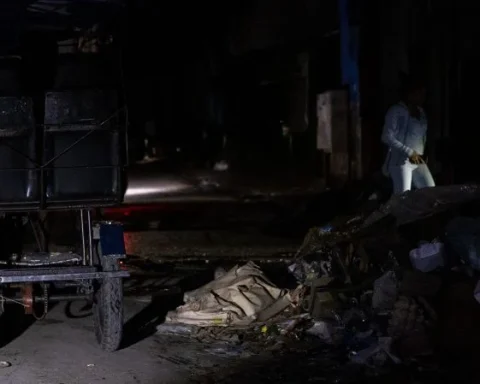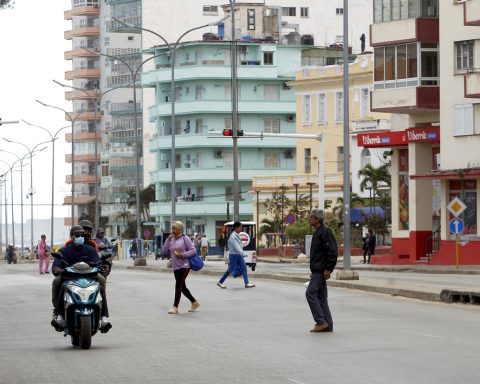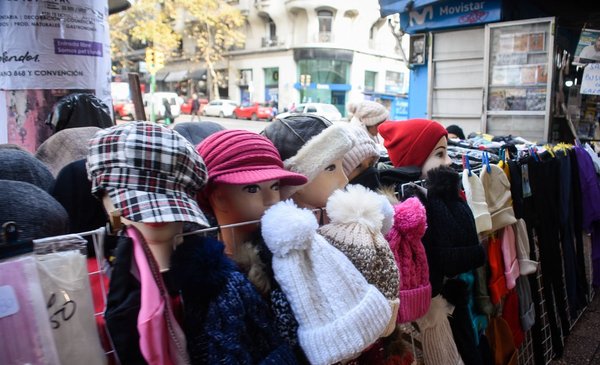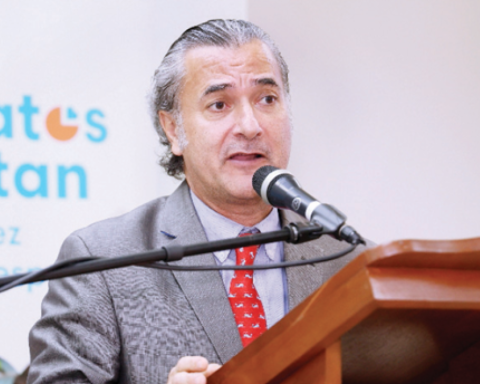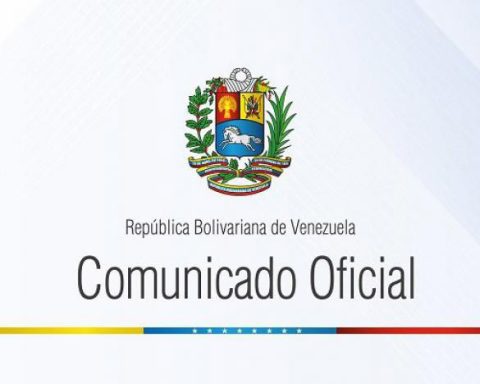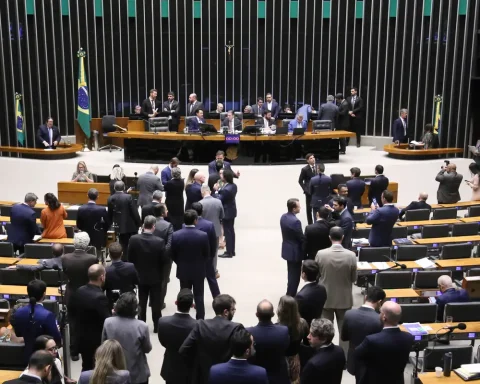Havana Cuba. — This Saturday is the third anniversary of death in Miami of the popular Cuban star Rosita Fornés.
A book titled Rosita Fornespublished by Letras Cubanas Editorial in 2001, includes a long interview that Evelio R. Mora conducted with the singer in 1998, a graduate in German Language and Literature and in History from the University of Havana.
Regardless of the extensive testimonies provided in the book on the artistic career of La Fornés, there are her sincere statements that are revealing about the way of thinking of this artist, who suffered in the early years of the revolutionary regime the misunderstanding of officials and cultural authorities who considered that their art and stage and personal projection did not agree with the communist ideology.
Regarding her religious faith, Rosita Fornés expressed: “I am Catholic, yes. Although not because they instilled it in me… Every time I can I go into a church and start to pray. I have always done it, even at the time when certain currents prevailed that separated many from religion”.
Of the forms that in the 1960s and 1970s (the so-called “tell me your life”) inquired if the person had any religious beliefs, the singer said: “I filled out many of them and I always said yes, I believed in God. Although I saw in those forms an attack on my individual freedom and my value as a human being, I signed them without hesitation”.
She stated that certain intellectual critics of her, such as Rine Leal, ignored her in their criticisms and comments: “For that man, Rosita Fornés never existed, as for certain intellectuals who, like a cancer, embedded themselves in cultural institutions and undermined them. with narrow criteria and riddled with fanaticism and intolerance”.
When speaking of her colleagues who emigrated, Rosita Fornés stated: “Never, not even in the worst moments of confrontation, when the exiles were designated with the most profane and excluding adjectives, did I hate my companions who decided to leave; I have always defended the freedom of each person to choose the path that best suits them”.
Referring to “the confrontation that has brought so much sadness to our people,” he stated: “In the end we all cry: for those who left, those who remain, for ourselves. Because when someone like that dies, it’s as if a part of themselves left…”.
In relation to how she was treated by some officials, the woman highlighted: “For the new leaders of culture I was a very controversial woman, a very heavy burden to handle. My popularity annoyed the prominent media. And the new scholars did not like that, the pseudo-intellectual layer that began, unfortunately, and for a long time, to govern certain areas of the national culture, those ghostbusters tried to eliminate the famous (leftovers from the past). For them, I was a lag: the most complete and absolute representation of the defeated bourgeoisie, which dared to present itself in the proletarian milieu”.
“The socialist dream was taking off and it was not unreasonable to think that the new man could and should also be in front of the cameras. The figures that we came from behind, from capitalism, as they said, had to be surpassed by the new wave of socialist artists”, he pointed out.
Fornés also recounted an event that occurred on the eve of his tour of several socialist countries in which he was forbidden to take his hairdresser, who was admitted to the UMAP. She went to reason with the character that she arranged such a measure, she explained the need to go with that person due to the characteristics of the show. The leader, without letting him finish speaking, asked him: “Don’t you know how to work without those feathers and sequins? Do you always have to dress like this? Don’t you think that the era of stardom is over, that there are no more vedettes and will not be? And she replied: “I can come tomorrow with clothes to cut cane, and I will continue being Rosita Fornés. Even in rags I will always be Rosita Fornés”.
A few pages later, the singer says: “…The times have passed when a few tried to set themselves up, by themselves, as standard-bearers of the only truth. Now the calls to save the world are no longer believed, nor are the representatives of a whole form of social expression.
Another aspect that Rosita Fornés mentions is the situation in the sixties when money lost its value and there was nothing to buy: “It was the time of barter. The peasants only exchanged food for material goods. Armando (Bianchi, her husband) and I would go to the countryside loaded with things to exchange for malangas, beans, and pork. Those who lived through those years know that what I say is true”.
Near the end of the interview, Rosita Fornés assured: “I am part of this town. One more. I am not isolated from reality, far from it. I think that one day there will be a way out, a light. It must be so. Must be like this. That’s what it will be like”.
OPINION ARTICLE
The opinions expressed in this article are the sole responsibility of the person who issues them and do not necessarily represent the opinion of CubaNet.



